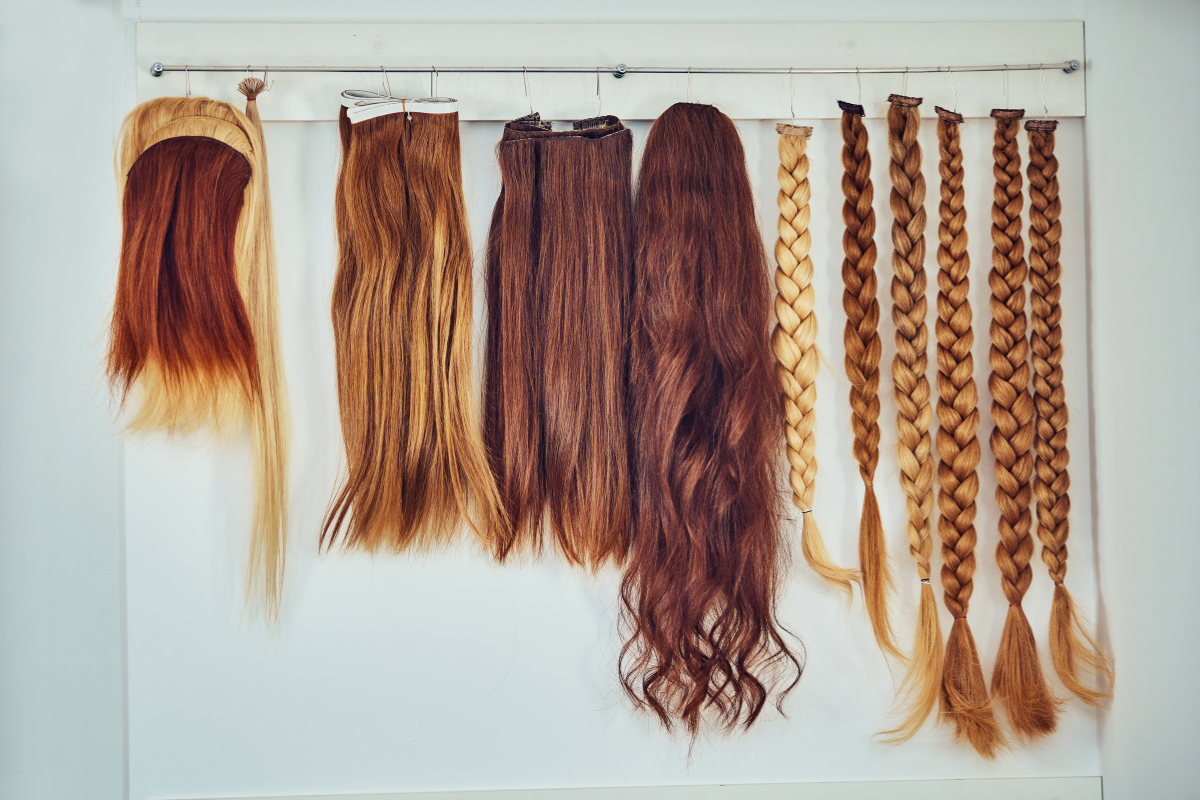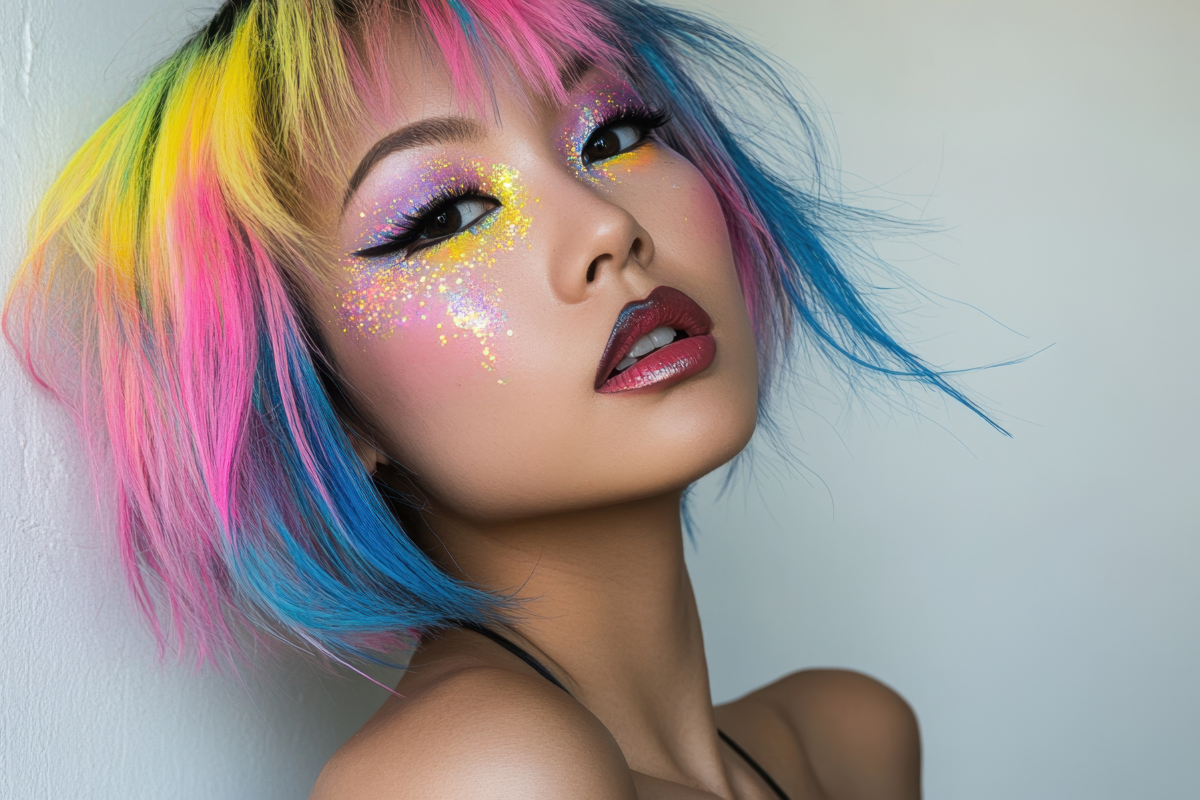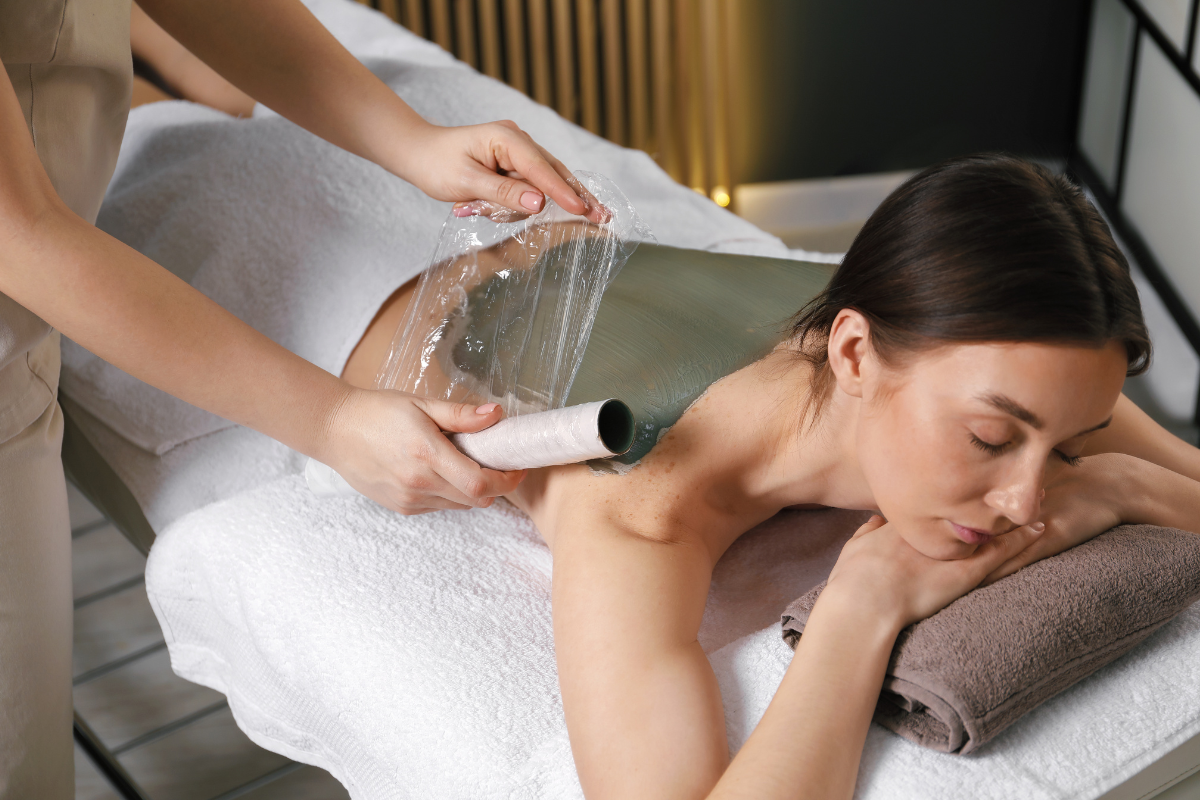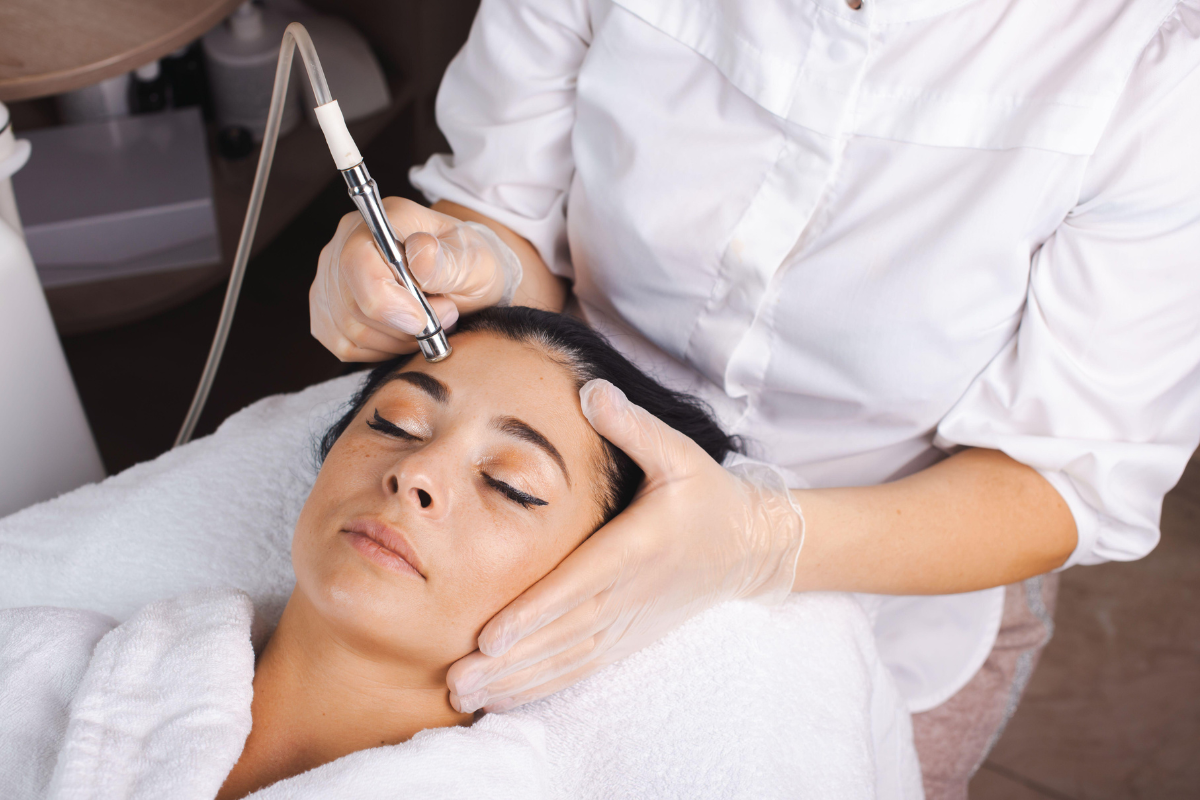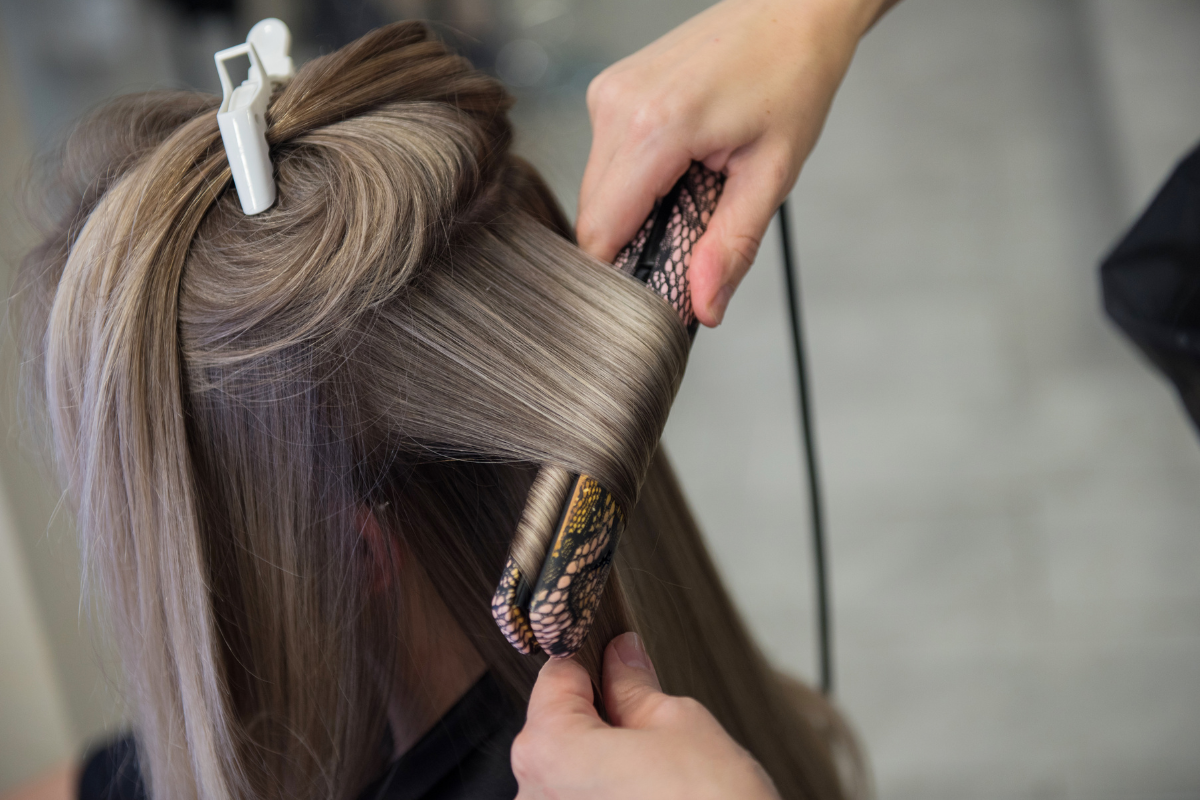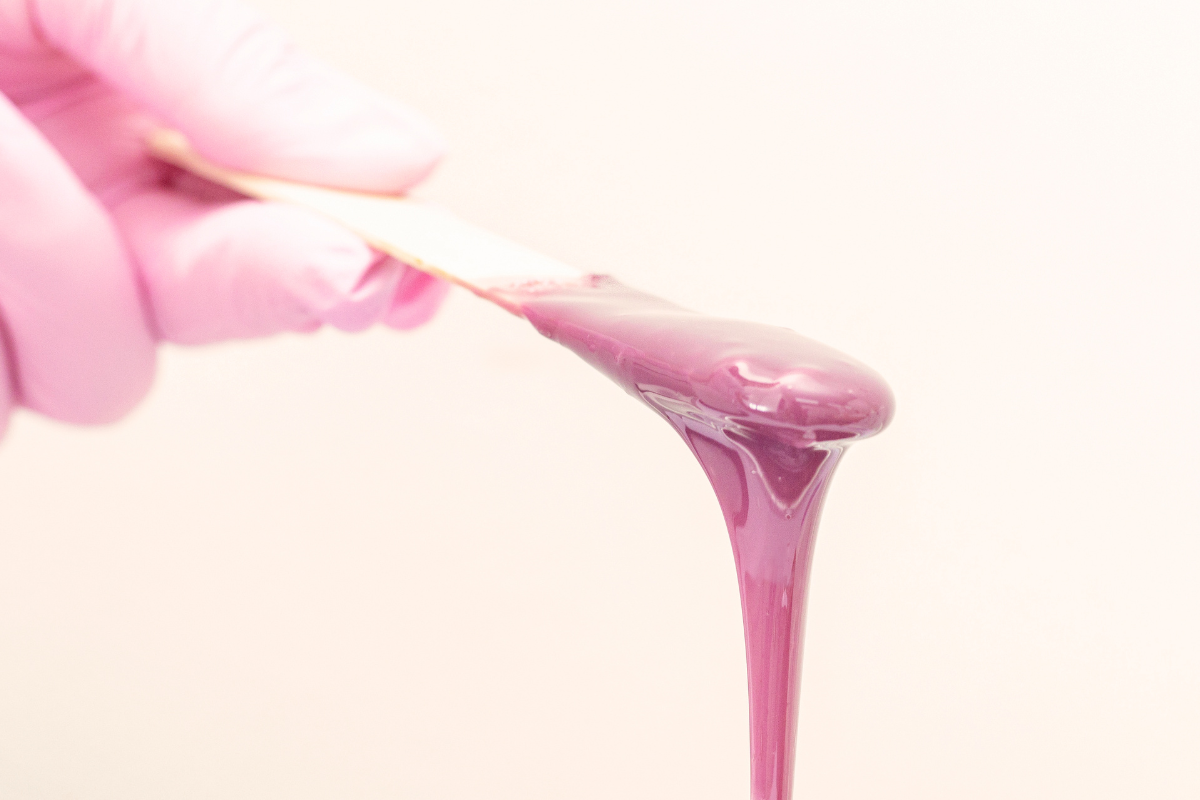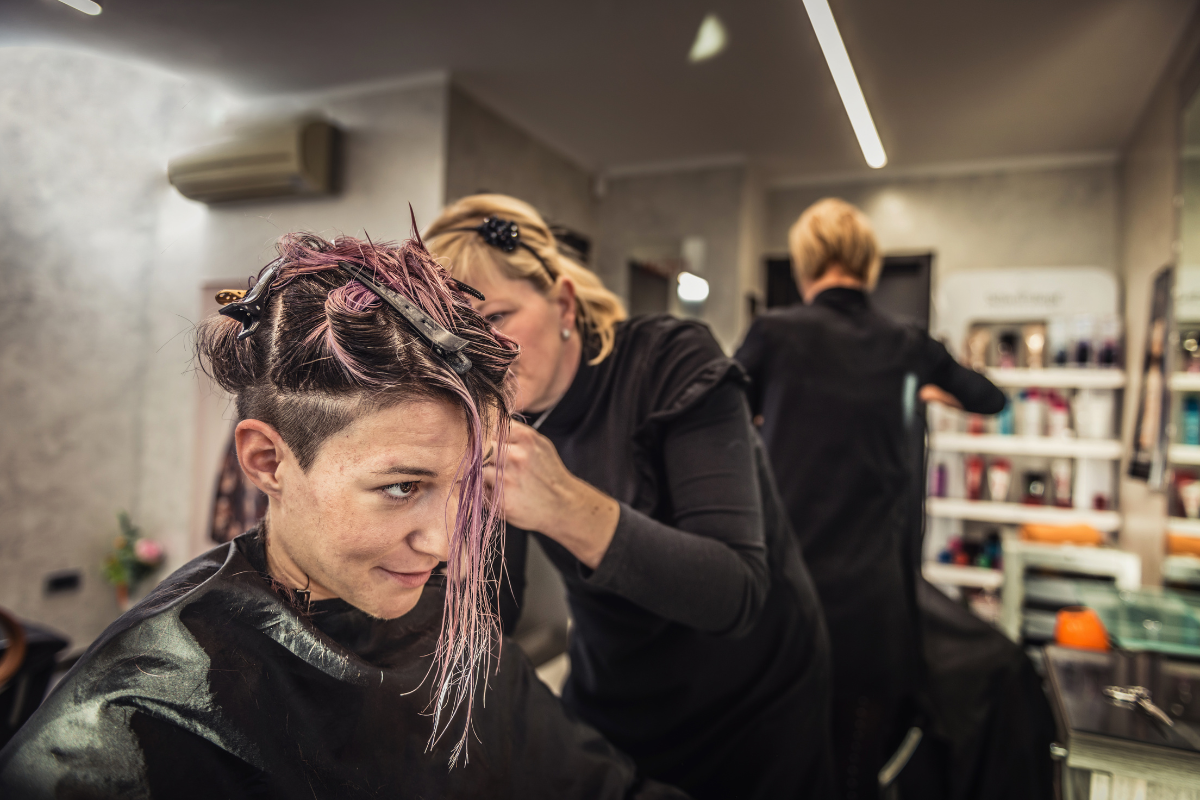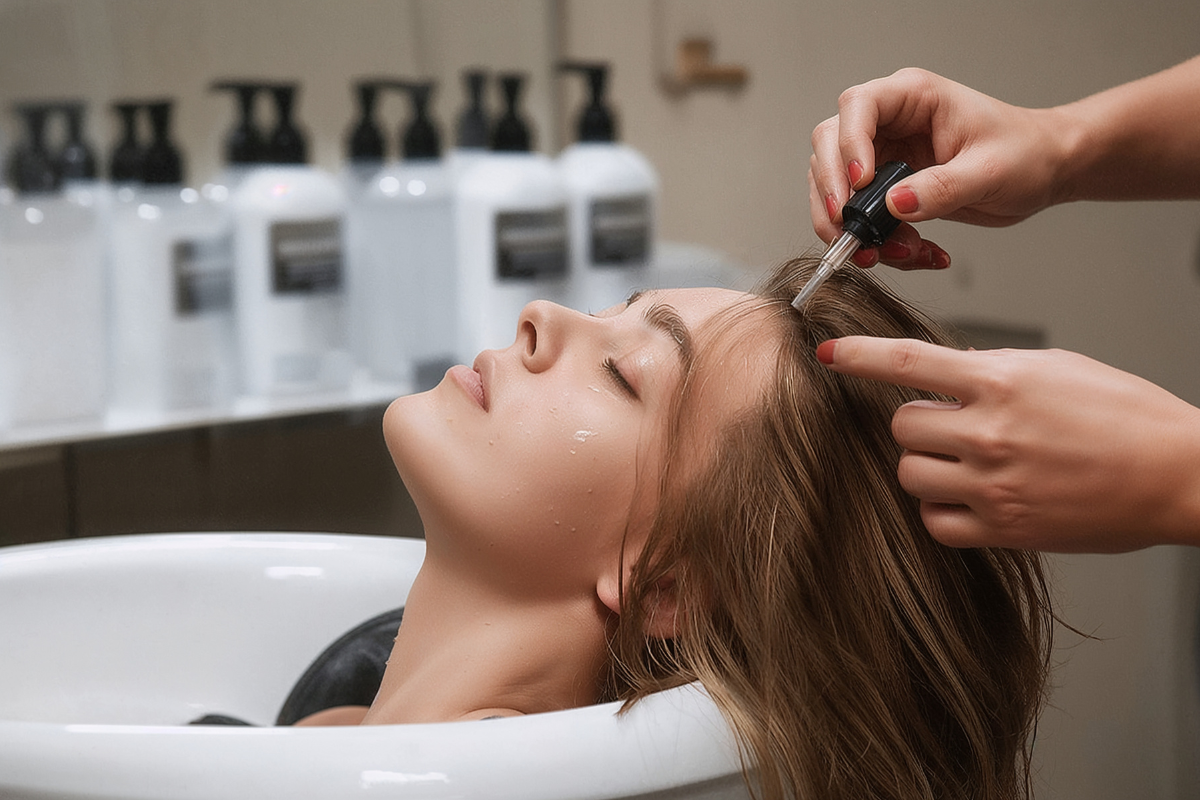

Salon culture has undergone a significant transformation over the years, adapting to changes in fashion, technology, and consumer preferences. As the beauty industry continues to evolve, so do the services and experiences offered by top-tier establishments. A prime example of this evolution can be seen in the Spa in Yuba City CA, where tradition meets modernity in a seamless blend. This metamorphosis from traditional to modern practices encapsulates the dynamic nature of salon culture, making it an exciting time for both salon professionals and clients.
The roots of salon culture can be traced back to ancient civilizations where grooming and beauty rituals were a part of daily life. In these early times, salons were often small, intimate spaces where barbers and beauticians provided basic services such as haircuts, shaves, and rudimentary beauty treatments. The focus was on practicality and necessity, with little emphasis on luxury or relaxation.
In the 20th century, the concept of the beauty salon began to take shape, with an increased emphasis on aesthetics and customer experience. Salons started offering a wider range of services, including manicures, pedicures, and facials. These establishments became social hubs where people would gather not just for grooming, but for social interaction and community building. The ambiance was often cozy and welcoming, with a personal touch that made clients feel at home.
The late 20th and early 21st centuries witnessed a technological boom that significantly impacted salon culture. Advancements in beauty technology, such as laser treatments, chemical peels, and advanced hair coloring techniques, have expanded the range of services available. Salons began to adopt a more clinical approach, offering treatments that required specialized knowledge and training.
Moreover, the rise of social media has played a pivotal role in transforming salon culture. Platforms like Instagram and Pinterest have become essential tools for salons to showcase their work, attract new clients, and stay updated on the latest trends. This digital shift has also empowered clients to be more informed and specific about their beauty needs, leading to a more collaborative and customized salon experience.
Today’s salons, such as Headlines Salon & Spa, represent a perfect amalgamation of traditional charm and modern innovation. These contemporary salons are designed to offer a holistic experience that goes beyond mere grooming. They focus on creating an environment that promotes relaxation, wellness, and self-care.
Modern salons boast state-of-the-art facilities equipped with the latest beauty technologies. From high-tech hair styling tools to advanced skincare treatments, these establishments provide clients with cutting-edge services that yield impressive results. Yet, despite these technological advancements, the essence of the traditional salon experience—personalized service and a welcoming atmosphere—remains intact.
One of the hallmarks of modern salon culture is the emphasis on customization and personalization. Clients today expect services that are tailored to their unique needs and preferences. Salons respond to this demand by offering bespoke treatments and consultations. For instance, hairstylists take into account a client’s lifestyle, face shape, and hair texture before recommending a haircut or color. Similarly, skincare specialists customize facials and treatments based on individual skin types and concerns.
This trend towards personalization extends to the overall client experience as well. Modern salons often incorporate elements of luxury and comfort, such as spa-like amenities, relaxing music, and complimentary beverages, to enhance the client’s visit. The goal is to create an environment where clients can unwind and indulge in self-care.
Another significant trend shaping modern salon culture is the growing emphasis on sustainability and ethical practices. Consumers today are more conscious of the environmental and ethical implications of their beauty choices. As a result, many salons are adopting eco-friendly practices and using products that are organic, cruelty-free, and sustainably sourced.
Salons are also implementing measures to reduce their carbon footprint, such as using energy-efficient equipment, recycling, and minimizing waste. This commitment to sustainability not only appeals to environmentally conscious clients but also contributes to the overall health and well-being of the community.
As we look to the future, salon culture is poised to continue its evolution, driven by technological advancements, changing consumer preferences, and a greater emphasis on wellness and sustainability. The integration of artificial intelligence and virtual reality in salon services, for instance, could revolutionize the way clients experience and interact with beauty treatments.
Moreover, the focus on holistic well-being is likely to grow, with salons expanding their offerings to include services such as meditation, yoga, and nutritional counseling. These comprehensive wellness programs aim to address not just the external appearance but the overall health and happiness of clients.
In conclusion, the evolution of salon culture from traditional to modern practices reflects the dynamic and ever-changing nature of the beauty industry. Establishments like Headlines Salon & Spa exemplify this transformation, offering a perfect blend of old-world charm and contemporary sophistication. As salons continue to innovate and adapt, they will undoubtedly remain integral to our self-care routines and social lives.

